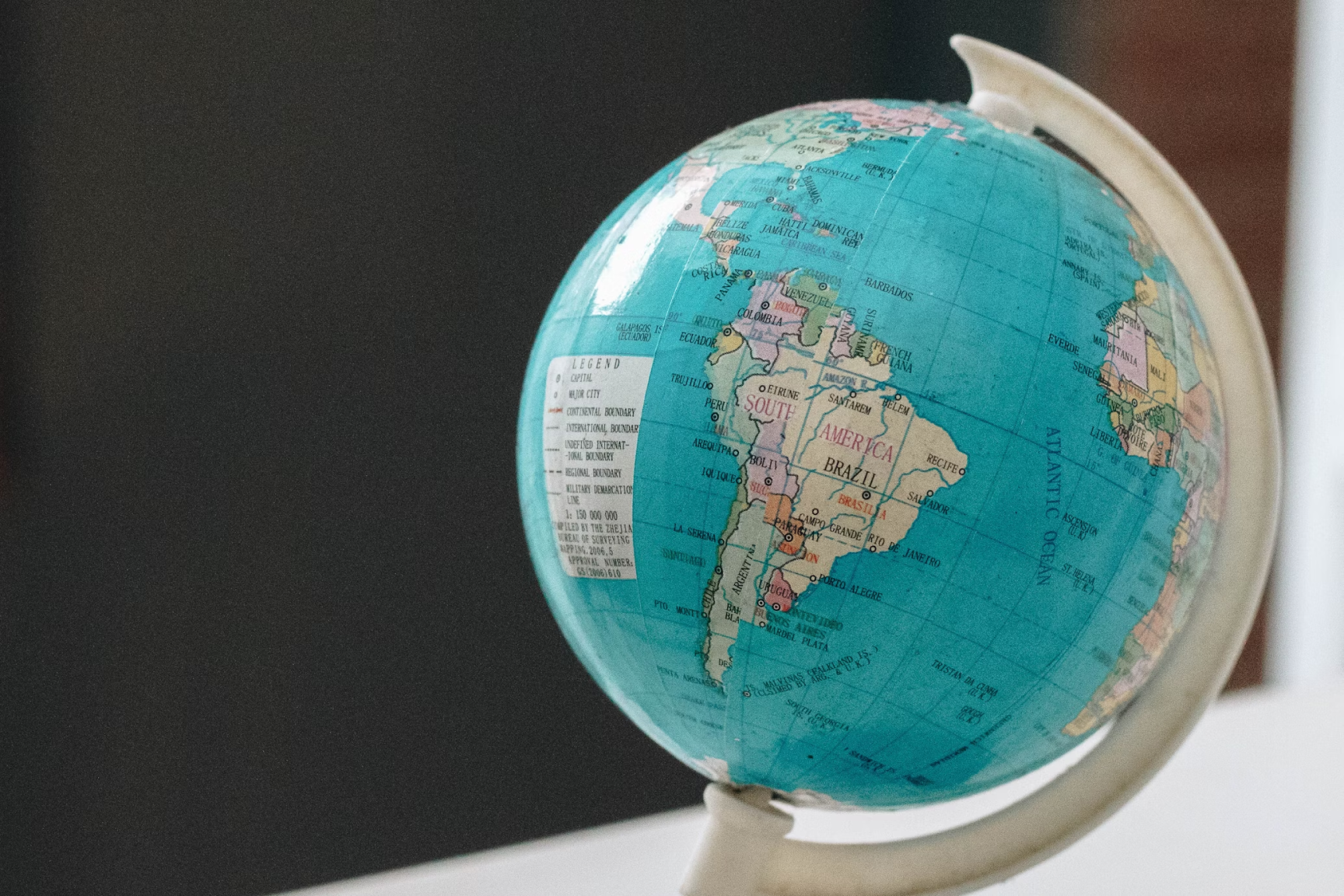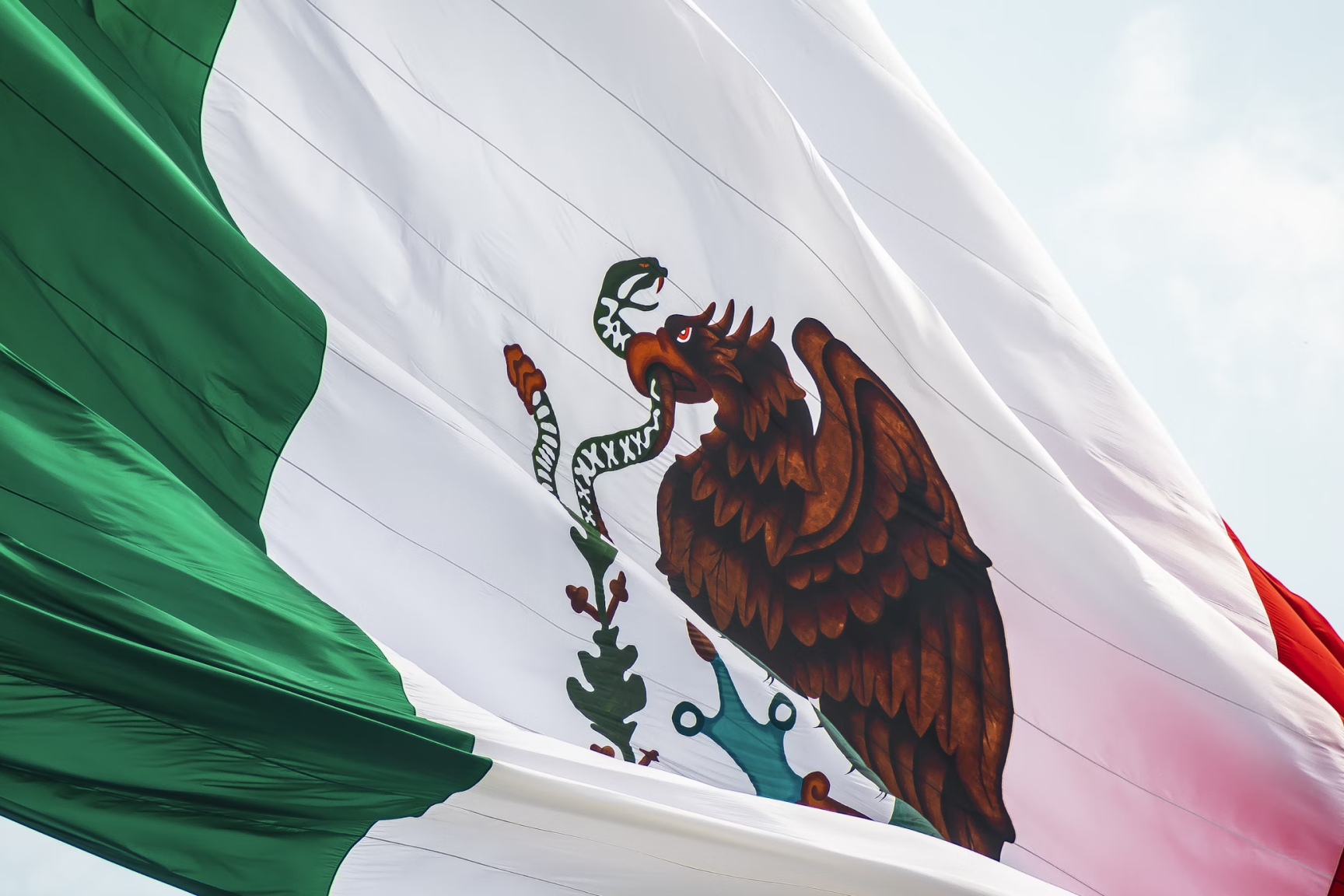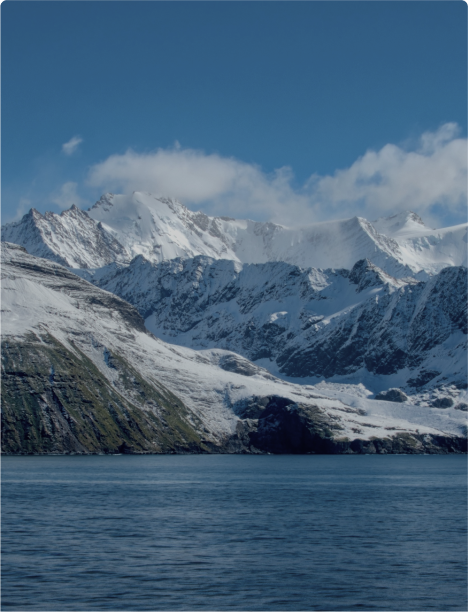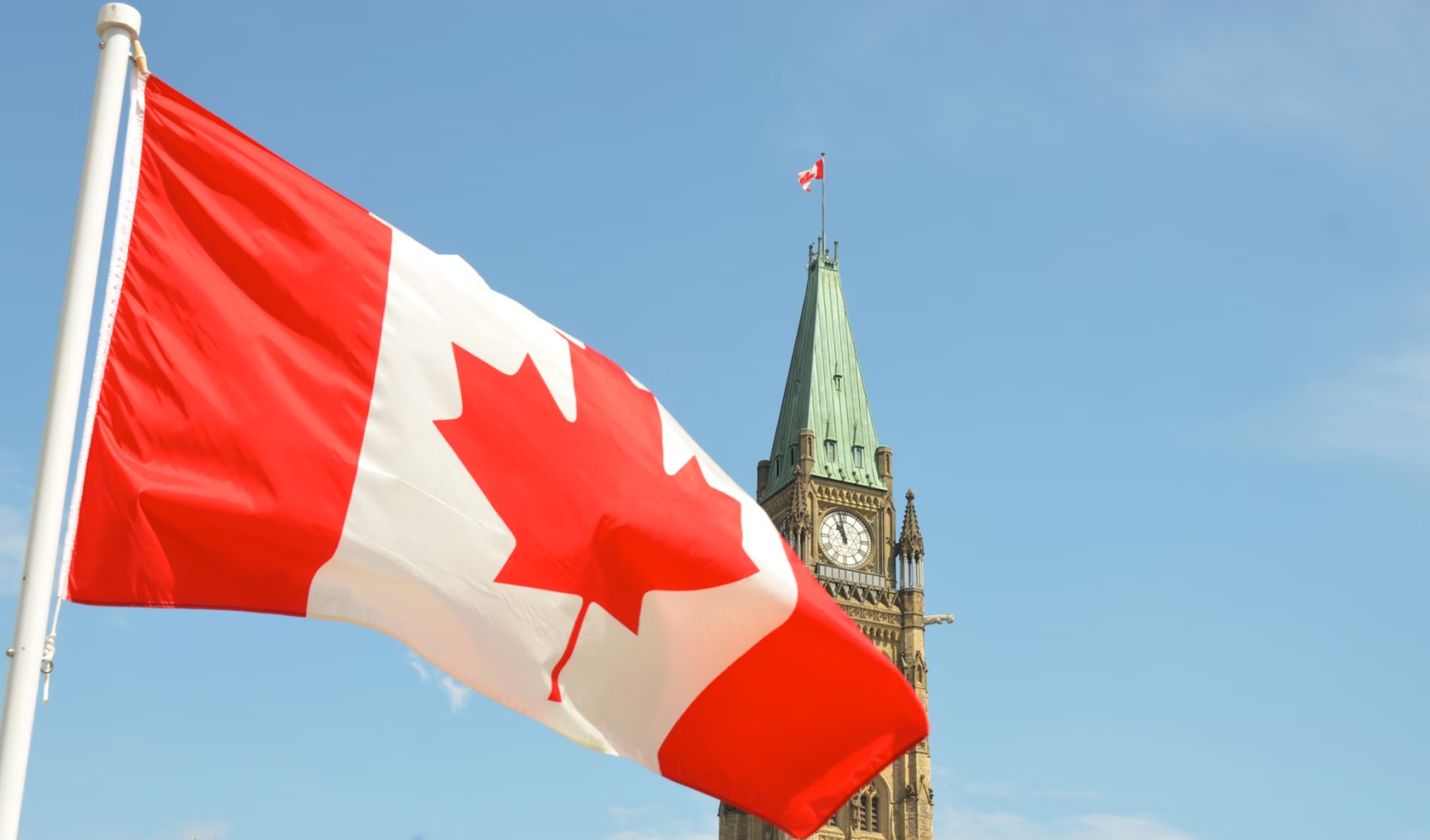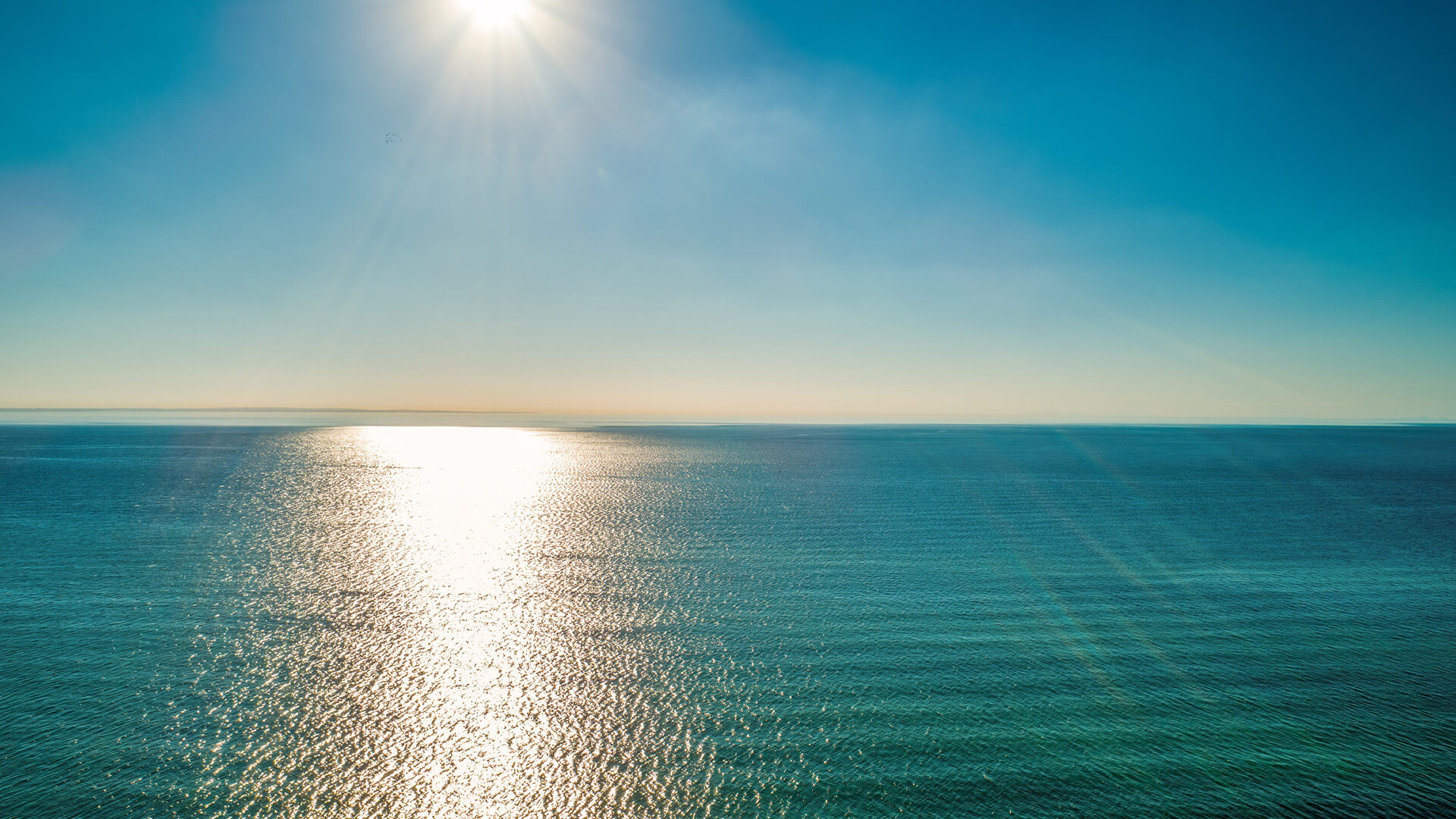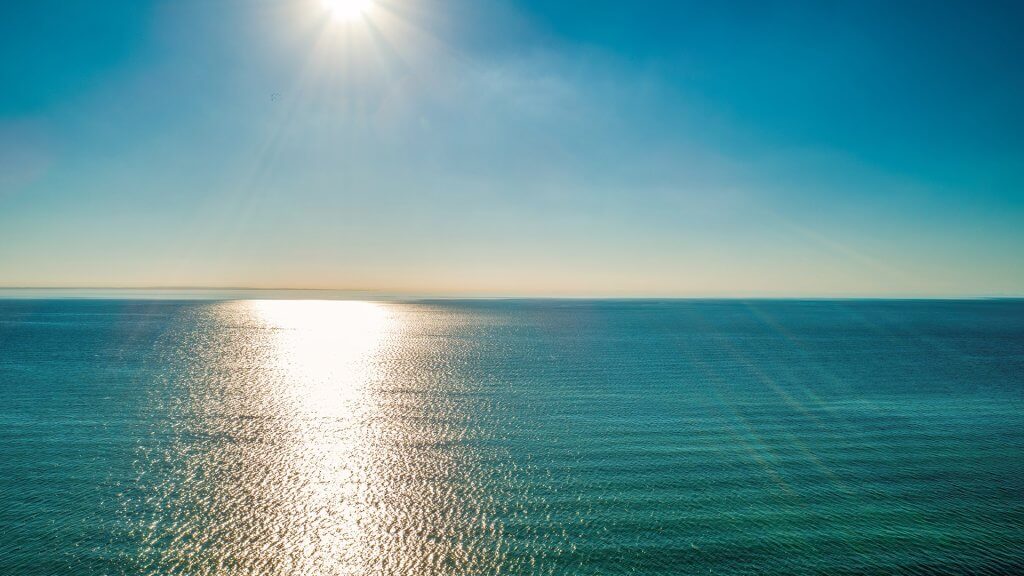
A climate emergency is underway and societies and economies are suffering, especially in coastal areas. Roughly 40 percent of the world’s population lives within 100 kilometers of the coast. Healthy coastal ecosystems provide protection from natural hazards, coastal erosion, and rising sea levels, particularly in small island developing states (SIDS) and low-lying, exposed delta regions.
A holistic solution proposed by NOAH will ensure a swift transition to net-zero carbon and waste, cooling the planet while boosting an ESG blueconomy.
Not only are marine living resources poorly measured and understood, but they are also rarely valued properly. Through carbon finance and decentralized certification by the World Ocean Council (WOC) with funding from NOAH and other partners, the set-up of financial projects can be achieved and ESG investment can be boosted.
The blue revolution started with pilot projects in Panama, Dominican Republic, Antigua, and Barbuda. ‘Blue carbon’ sinks like mangrove forests, seagrass beds, and other vegetated ocean habitats are up to five times as effective as tropical forests at sequestering carbon.
Frédéric Degret is CEO of NOAH ReGen, a company empowering climate change solutions through economic growth. He says that by unlocking and monetizing the regeneration of rivers and oceans’ basins, coastal communities can become the trailblazers of a regenerative Blue Economy that the OECD predicts will be worth $3 trillion by 2030.
“NOAH will use future additional carbon from environmental business solutions as equity for the set-up of those projects to de-risk complimentary private funding and generate a carbon cascade positive loop. This mechanism will be digitally traceable – using a blockchain register to hold the certified impact measurement report – and revenues will be reinvested into coastal and island territories to fund their transitions into an abundant circular economy, replacing the import of fossil-based products”.
Recognized as Europe’s most innovative company for the ocean, NOAH is also a co-founder of the Atlantic Smart Ports Blue Acceleration Network consortium (AspBAN) funded by the European Commission. NOAH has signed partnerships with the UN World Tourism Organization, the government of the carbon-negative Panama as a pilot country for off-grid solutions generating additional blue carbon, and the Federación Latinoamericana de Ciudades, Municipios y Asociaciones de Gobiernos Locales (FLACMA, representing 16,500 municipalities in Latin America).
Having kick-started the Blue Revolution, NOAH has been approached by several island states and coastal countries to provide agency for their holistic transition, achieved through the integrated operations of six interconnected, mutually empowered ESG platforms. With legal structures and governance in place, these comprise financial; advisory; certification; digital; accelerator; and industrial platforms. The construction of the legal and governance framework and blockchain ledger will allow users to track and trace all products coming from regenerative practices, clean techs, and natural-based solutions.
Funds raised from projects will act as collateral and will generate a cascade of ESG investment and carbon sequestration in developing countries, through the Blue Carbon Bank and the Blue Climate Fund currently under development, the ESG Carbon Token, a digital Marketplace and an ESG Carbon Exchange.
The Blue Revolution is a disruptor that will drive the research and implementation of ocean-based solutions for energy generation and storage; ESG fintech to certify and score the positive impact and origin of products through the whole value chain; the creation of floating infrastructure to remove pressure from land-based alternatives; and the acceleration of ocean-based farming and cleantech enterprises.

